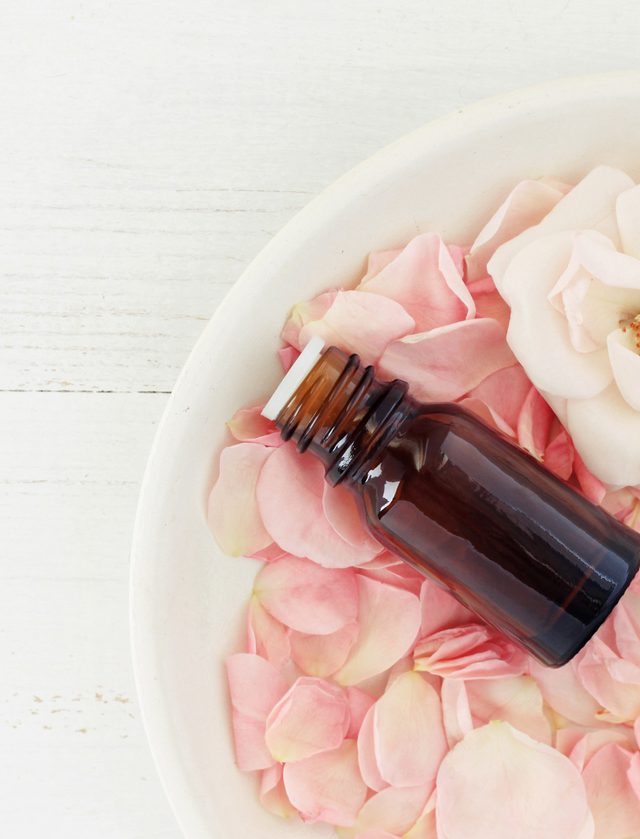It's been called "the secret to a matte face" and "the cure for oily skin," but milk of magnesia as a makeup primer--a beauty "hack" employed by all kinds of thrifty women for decades--may not actually be as great for your skin as it is great for your wallet.
There's a reason it's a (slightly bizarre) beauty trend--in the short term, milk of magnesia does work as a primer. There's little scientific proof out there to support it but its active ingredient, magnesium hydroxide, works to control oil and shine on the skin, and, it's sodium hypochlorite content (a derivative of bleach), works to reduce skin inflammation. Minimizing oil and keeping inflammation at bay equals prolonged makeup wear.
Some A-list celeb makeup artists swear by it, like Julianne Kaye (who's clients include Scarlet Johannson, Britney Spears and Kate Hudson), who told Daily Mail, "a lot of the water-based primers on the market just feel like another moisturizer and the silicone-based primers feel waxy or, while they'll matte you down, they still don't stick--when you put milk of magnesia on your face you can actually feel that veil over the skin."
Fair enough. However, coating your face in this medicine cabinet staple too regularly could lead to problems in the long term. Milk of magnesia is an antacid, designed to treat heartburn caused by excess acid content of the stomach. It's extremely alkaline, and applying too much of it where it's not supposed to be could destroy your skin's normal pH levels. The skin’s natural PH, after all, is slightly acidic, which allows the good bacteria that live there to thrive, and the bad ones, that don't serve you, to die.
Bottom line: messing with your skin's pH levels could make it more prone to irritation or breakouts, even though you look fresh post-application. Skip the MOM and find a quality primer that minimizes shine, but is specifically created for oily skin--not your digestive tract.












